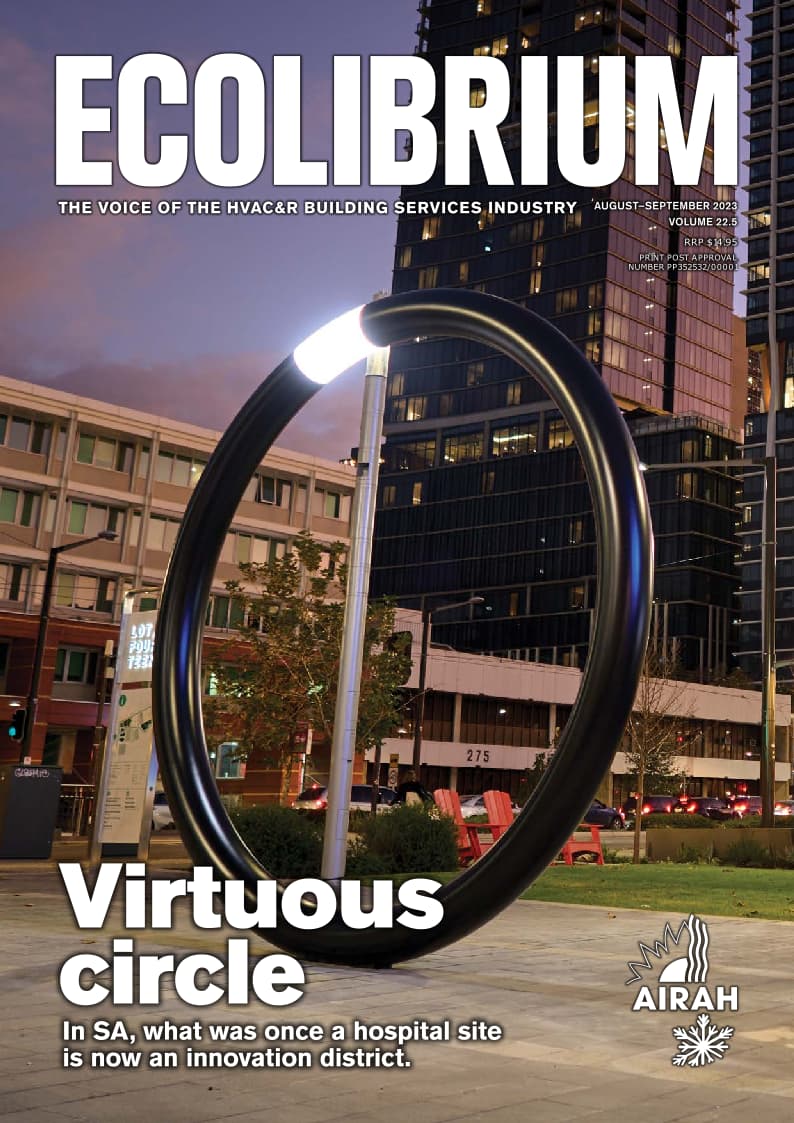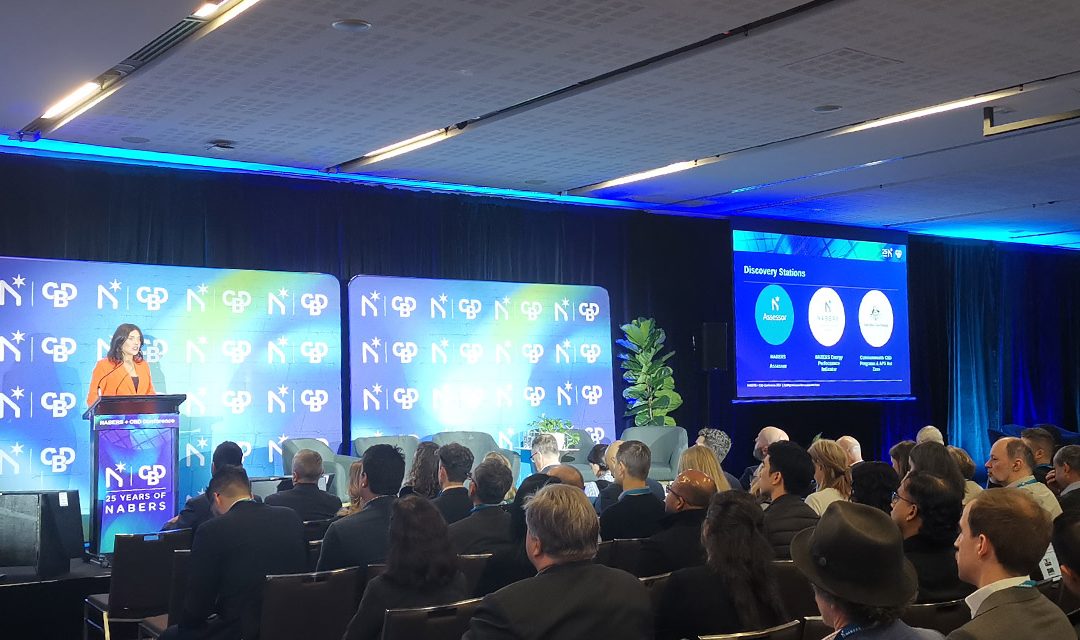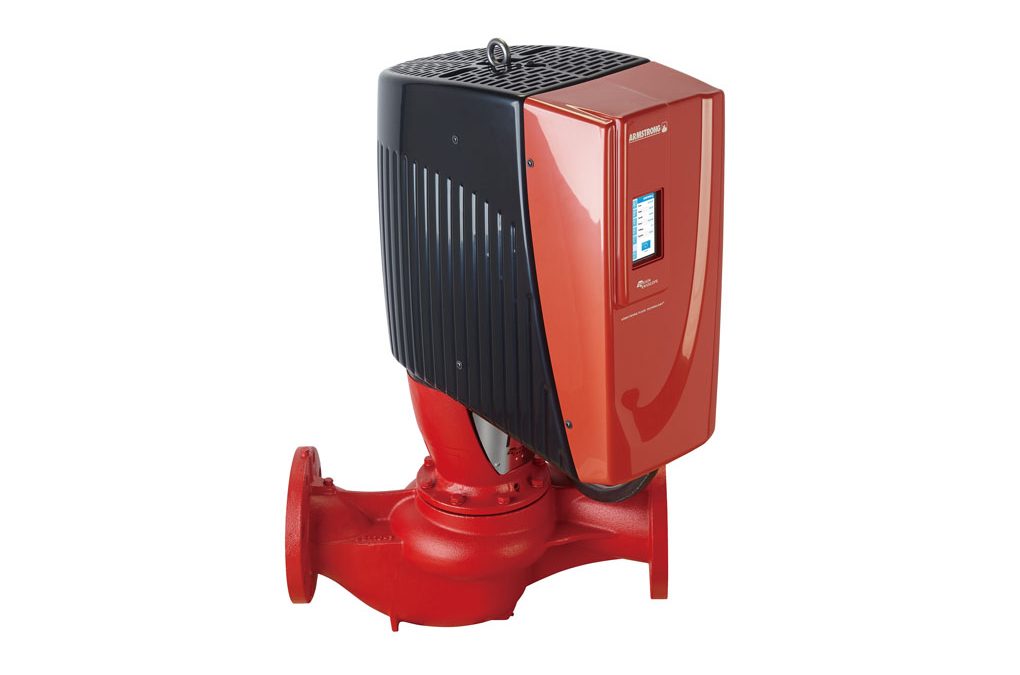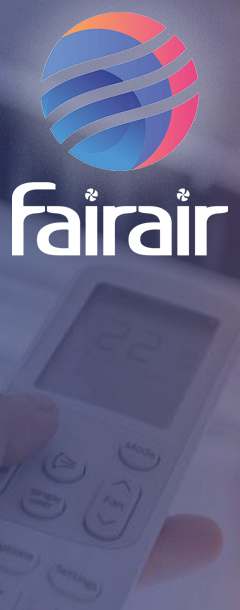Subtle, often unintentional, slights continue to impact women in STEM, says Professor Gayle Avery.
International Women in Engineering Day once again reminds us of the gender disparity in STEM (science, technology, engineering and mathematics). Some progress has been made in addressing serious barriers for attracting and retaining women in STEM occupations including:
- The gender pay gap
- Lack of equal opportunity in university places and hiring
- Loss of females from the field
- Women occupying lower-paid roles with mor elimited career progression
- Fewer women in senior management positions.
Most modern organisations are doing something about these sources of overt gender discrimination. However, more subtle, often unintentional, slights – known as microaggressions – continue to afflict women in STEM, including female leaders. Microaggressions can demoralise and denigrate women, shake their selfconfidence, and even cause them to quit.
Five types
- Devalued technically: This common form of microaggression involves subtly implying that women are technically less capable, e.g., by deferring to a male colleague who was not involved in a project where she is the recognised technical export.
- Women are made to feel invisible: For example, by being interrupted or completely ignored in meetings or conferences. It is not uncommon for a woman to put forward an idea, have it ignored, and then find it resurfacing when a male colleague makes the same point.
- Denying reality: Having the microaggression attributed to something other than gender is a sublte form of invalidation that diminishes women’s experience of gender bias. It’s almost like saying “you imagined it” when the woman is simply trying to make sense of the event.
- Faulty personal character: A woman’s personality, communication style or behaviour is wrong and needs fixing. In other words, the norm is to behave like a man. But women who try to emulate men are often seen as being too aggressive or plain “difficult”.
- Focusing on gender: This type of microinsult highlights and denigrates specific aspects of a woman’s gender, such as problematising her plans to start a family and implying that in doing so, her career would be over.
Aggression as insult
Microaggressions like these are really microinsults. Whether intentional or not, they convey messages that women’s presence, competence or time do not matter and that it is the women who need “fixing”, not the culture.
Microaggressions affect women in many ways, apart from making them angry, indignant or sad. Often women spend considerable mental and emotional energy trying to work out what was meant by a particular microinsult and how best to respond.
Some women become hypervigilant, continually benchmarking themselves against their male counterparts by monitoring comments or the tasks directed to them. This diversion of mental effort lowers productivity on the job, which again disadvantages women in terms of career advancement.
Microaggressions can undermine a woman’s confidence, start a cycle of self-doubt, and undermine her identity as a competent STEM professional.
Countering microaggressions
The good news is that we can all help counter microaggressions.
- Recognise that microaggressions are a form of microinsult.
- Call out the behaviour – your colleagues may not even be aware that they are hurling microinsults at others.
- Best of all, become a supportive ally. Allies send a signal of “you belong here” and validate the target’s sense of reality. The research highlights the powerful effect that an ally has in helping the targeted woman make sense of what is happening, and in countering the negative effects of microaggressions.
Sustainable organisations need to foster diversity, equity and inclusion. Eliminating microaggressions is the next step for promoting all kinds of equity in the STEM workplace.
Like to know more?
Professor Gayle Avery is the co-founder and director of the Institute for Sustainable Leadership.
Contact Gayle: Gayle.Avery@instituteforsustainableleadership.com
Find out more via instituteforsustainableleadership.com
[1] Kim, J. & Meister, A. 2023. Microaggressions,Interrupted: The Experience and Effects of Gender Microaggressions for Women in STEM. Journal of Business Ethics, 185, 513–531.












